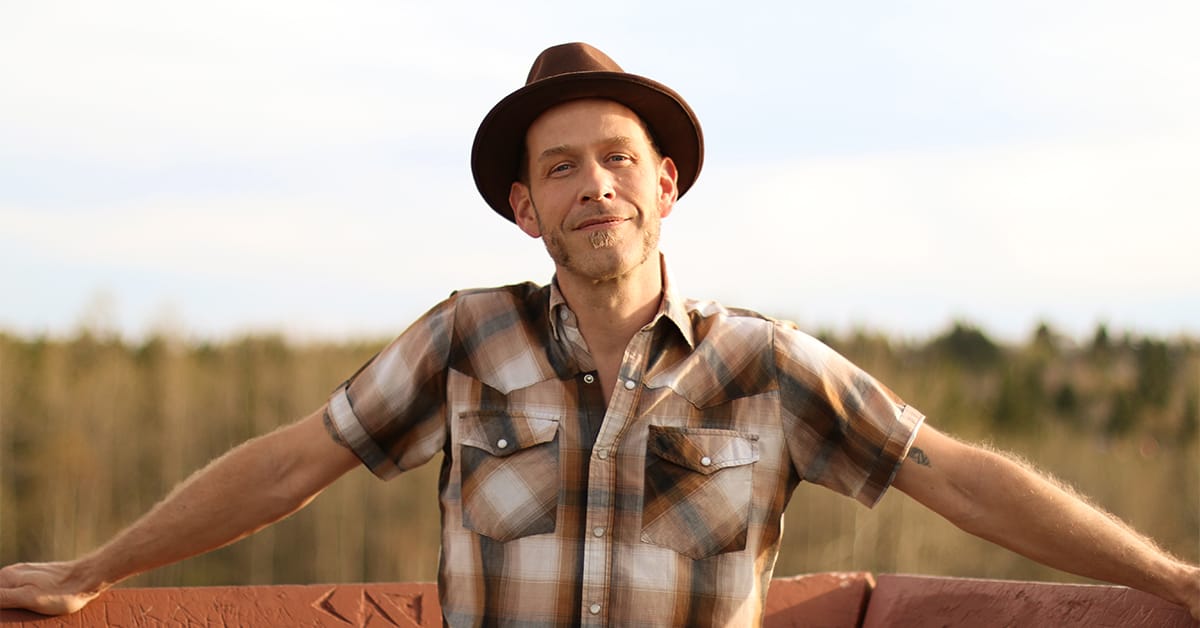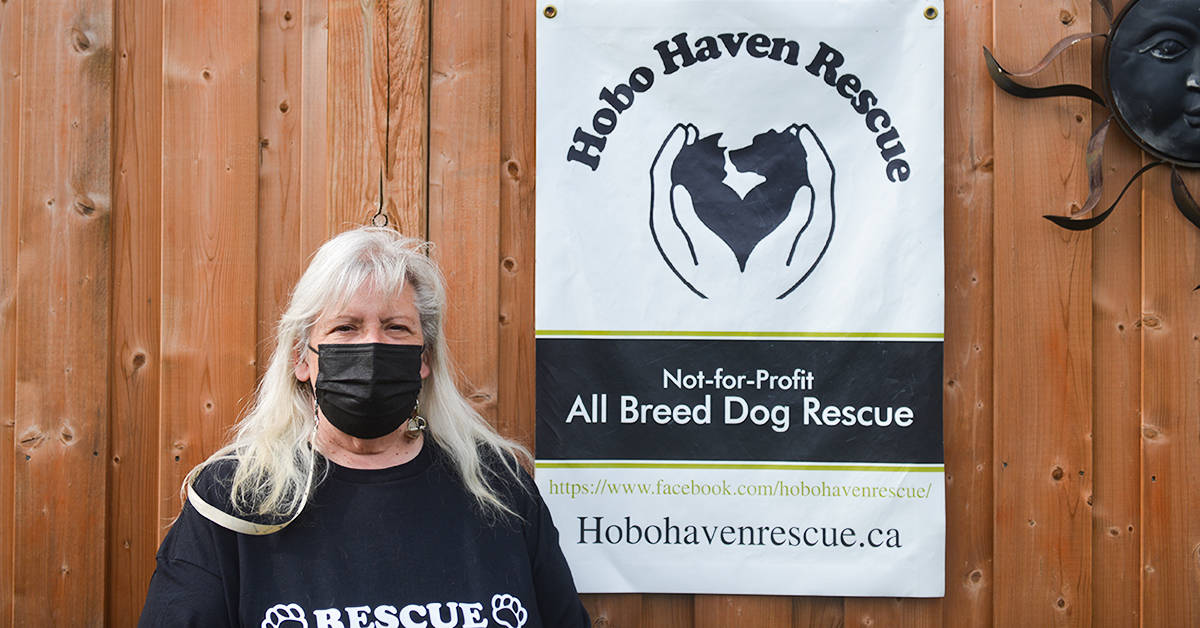;
;
;
Next Article
The good sound of local performers

About a third of dogs in Humane Society shelters each year are there because they’ve been surrendered by their owners. According to Humane Canada, while 2020 (the most recent year for which stats are available) saw a 28 per cent decrease in intake numbers, about 34 per cent of their total dog intake
Last updated on May 03, 23
Posted on Jul 21, 22
4 min read
